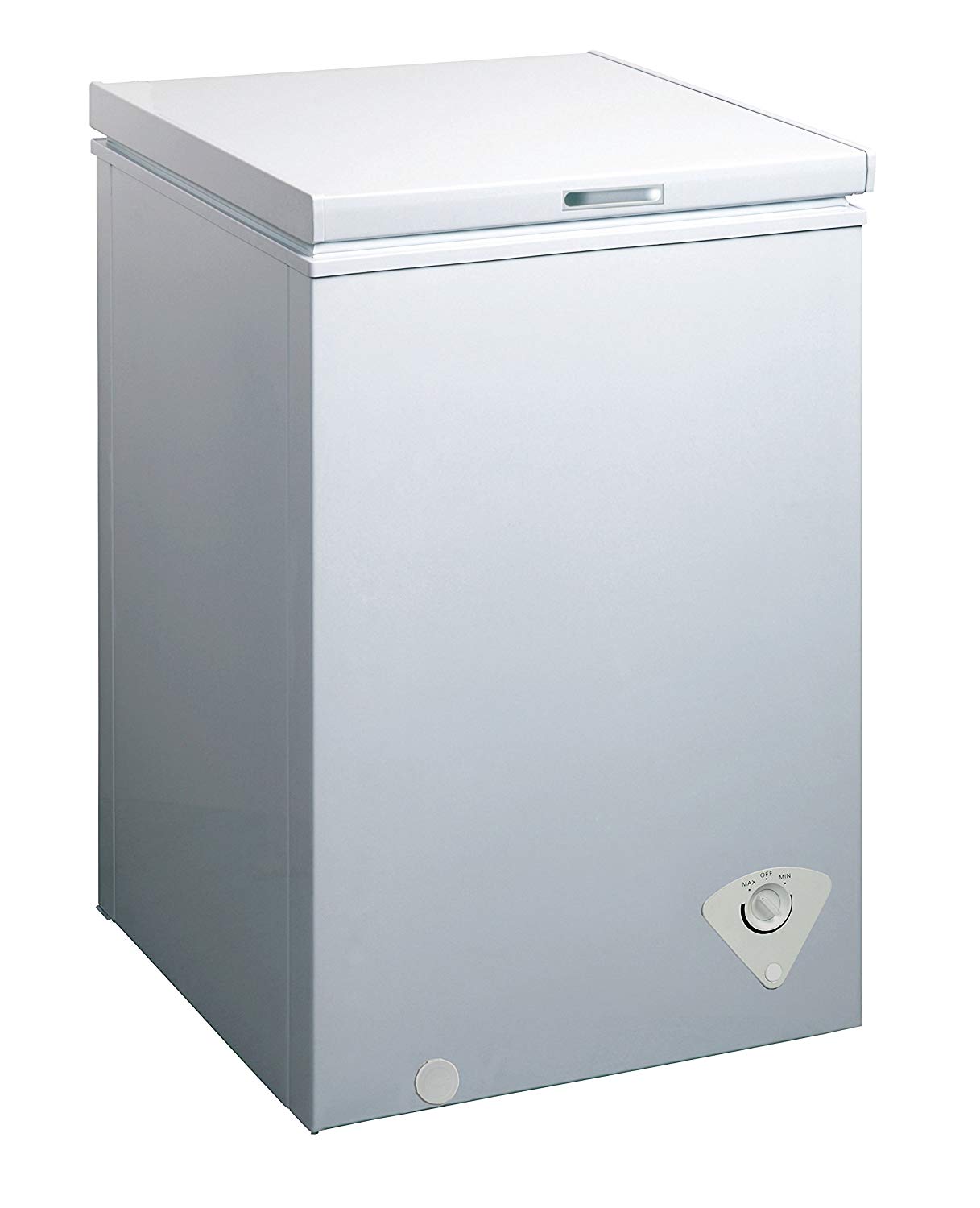
The discomfort can last between a few seconds to a few minutes.Īs the temperature of the cold item hits the roof of our mouth, it causes blood vessels to constrict and then rapidly dilate as a response to regulate body temperature. This phenomenon triggers pain in the forehead, temples, and roof of the mouth. The sudden and intense headache caused by consuming cold food or drinks is known as Brain Freeze. Keep your enemies close, and your slushies closer – the effects of brain freeze can strike at any moment. Another remedy would be pressing your tongue against the roof of your mouth firmly until the sensation subsides as doing this warms up your head again. To avoid or alleviate Brain Freeze, it is recommended to consume cold food and drinks slowly or allow them to warm slightly before consuming. This suggestion links with tightness around the brain due to excessive intake. Researchers have also suggested that eating quickly or consuming large amounts of cold substance can contribute to brain freeze. Such changes bring an influx of blood to the brain, causing pain. The cause of Brain Freeze is believed to be the rapid contraction and expansion of blood vessels in the head. It is characterized by a sudden sharp pain in the forehead that lasts for a few seconds. Explanation of Brain Freezeīrain Freeze, also known as ice cream headache, is a common phenomenon that occurs when one consumes something cold. Get ready to learn why brain freeze is the ice cream headache you never asked for. However, it is worth noting that brain freeze typically lasts for only a few seconds and rarely leads to any significant health consequences.įun fact: The term “ brain freeze” was first coined by Harvard Medical School in the early 1990s, and it has since become a household term for this peculiar sensation. Studies have also shown that brain freeze can be relieved by warming up the palate or taking a sip of warm water. This is because the sphenopalatine nerve, which is responsible for brain freeze, is connected to a nerve in the chest, leading to chest freeze instead.


Interestingly, some people report feeling a similar sensation in their chest instead of their head. This, in turn, triggers pain receptors that send a nerve signal to your brain, resulting in the pain that you experience.Īs your body tries to regulate the temperature, it rushes warm blood to the affected area, causing inflammation and increasing the painful sensation. This phenomenon is caused by the sudden cooling of the roof of your mouth, which leads to vasoconstriction and dilation of blood vessels. Causes of Brain Freezeīrain Freeze Results from Vasoconstriction, Not Nerve Reactionīrain freeze, or “ sphenopalatine ganglioneuralgia,” is a unique sensation that you feel in your forehead and temples after consuming cold beverages or foods. When it comes to brain freeze, the only thing colder than the ice cream is the realization that we voluntarily subject ourselves to this kind of pain.
#Freeze chest pro#
Pro Tip: Drink slowly or hold the food or beverage inside your mouth for a few seconds before swallowing to reduce the chances of experiencing either type of freeze. It could be due to differences in sensory nerves or varying sensitivity levels. It is interesting to note that some individuals only experience one type of freeze and not the other. Blood vessels around the brain constrict rapidly to conserve heat, leading to short bursts of intense headache-like sensations. Although similar in sensation, Chest Freeze and Brain Freeze operate differently.īelow is a table that highlights the unique differences between Chest Freeze and Brain Freeze: Chest Freeze Brain Freeze Location Chest Head Duration Longer Shorter Symptoms Squeezing pain Shooting pain Explanation The vagus nerve (responsible for regulating digestion) gets triggered by the sudden change in temperature, causing chest pains. However, the body also has a way to respond with ‘Chest Freeze’ when consuming icy cold foods or beverages.

When experiencing a sudden headache-like sensation, we often associate it with ‘Brain Freeze’.

Flight Response (Freeze Too) Differences between Chest Freeze and Brain Freeze


 0 kommentar(er)
0 kommentar(er)
